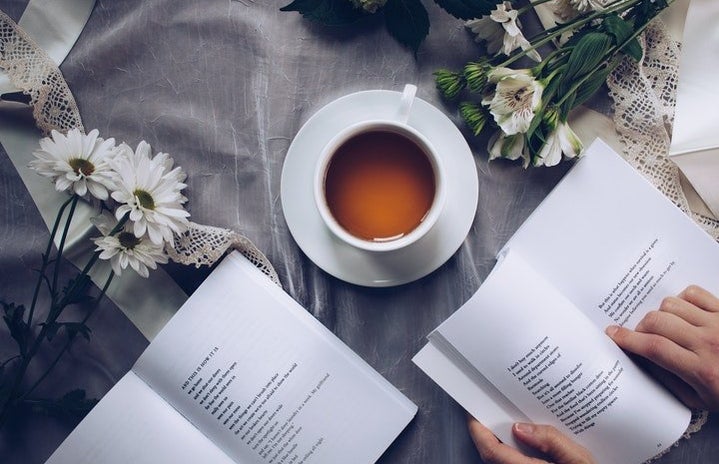When browsing the reviews of poetry collections online (as a poetry lover and nerd like me does on a casual Saturday afternoon), I came across a one-state review that said, “just putting words in verse doesn’t make it poetry”. It seems that the angry person who purchased this poetry collection has their own ideas about what makes something poetry and had a rather emphatic opinion regarding what they saw as the ‘demise of poetry’ in our current time. This made me question: what does make something poetry? What even is poetry? And what does it mean to say that poetry is “dead”?
Interestingly, this is not the first time in history that critics have lamented what they saw as the ‘death’ of poetry as they knew it. Ironically enough, poets who we now hold up as examples of the classical poetry canon were seen by their contemporary critics as not ‘real’ poets – as radicals or whose style was incomprehensible and crude. For instance, a contemporary critic of Wordsworth –now seen as one of the founders of English Romanticism – wrote a damning review that opened with the simple statement that “This will never do”.
The point I am trying to make is that poetry, just like any form of art, has changed and adapted through time. Just as modern paintings are different from Renaissance ones, so is modern poetry different from Renaissance poetry. Indeed, that is what has happened: poetry is not dead, it is just different.
Of course, this is not to say that standards of poetry have also been destroyed – it is just that they too are different. Not every piece of writing on a bathroom wall is good poetry (though arguably some of it could be). Those interested in poetry can still judge a poem and the poet’s use of words, metre, feeling and so forth. What I argue is that the expectation of what we will see when we look at something called a ‘poem’ must shift with the times. Like any new type of art, the majority will reject it as art. But to allow for the development of poetry, we must keep an open mind of what poetry can be.
What is intriguing to me is that some people, particularly those who so fiercely cling to classical canonical poems, seem to truly fear this kind of open mindedness. The fear, as I understand it, seems to be that of the dilution of poetry – that by ‘letting in’ new forms of poetry that seem to do away with old rules or structures or norms, the very project of poetry is damaged in some way. I find this intriguing because it seems to presuppose some kind of ‘ideal’ poetry – that there is some form or method or type of poem that is ‘right’ or ‘good’ that other poems must aim for. But this is not the case.
Poetry is an art, not a science. There is no ‘right’ or ‘wrong’. Poetry has, and always will be, an artistic form of expression – and inevitably as times change, the exact form or method of expression people use when writing poetry will change. So, to the question of this article – ‘is poetry a dead art form?’ – my answer is no. Poetry was never dead and will never die, it will simply – like everything does over time – change.


